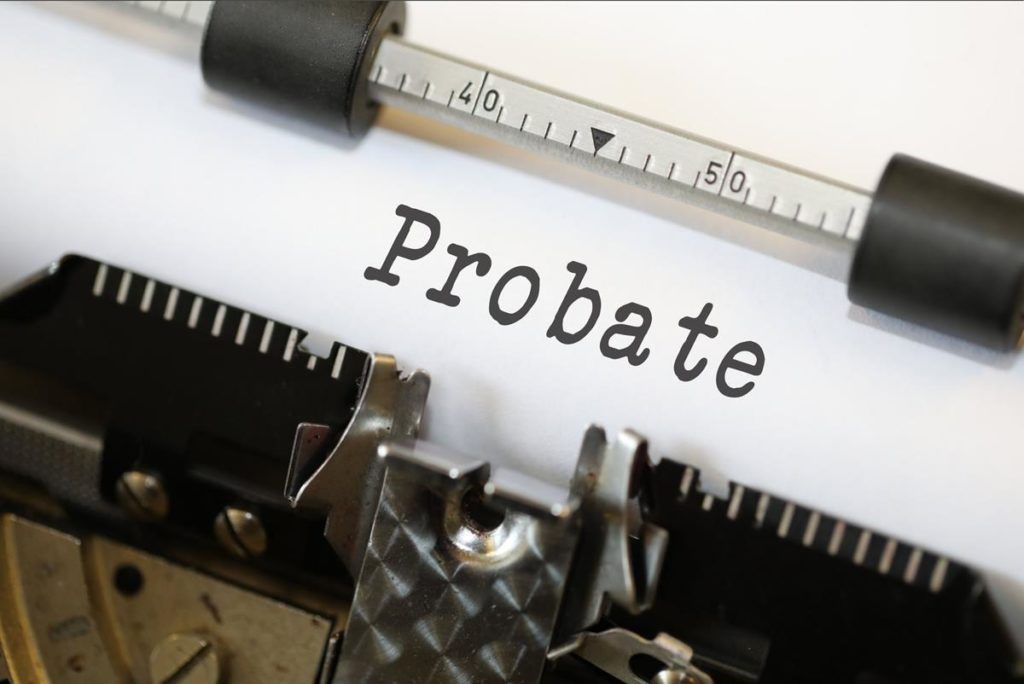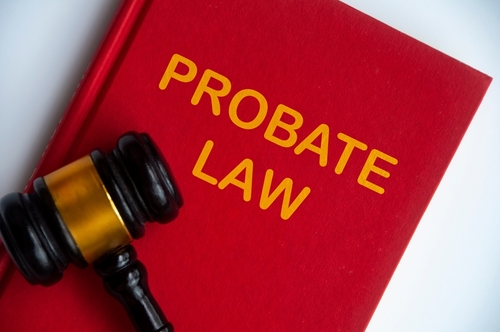Losing a beloved relative or friend can be overwhelming, and handling the person’s complicated affairs in the wake of such a loss only adds to the stress. During this difficult time, many families look for ways to tie up loose ends and distribute the assets of the deceased as expediently as possible. To do so, a process called probate usually takes place in either a formal or informal capacity.
“Probate” refers to the legal steps required to distribute the assets of the deceased. During the probate process, an authorized representative pays the debts and distributes the assets the deceased person leaves behind. This takes place through an informal or formal route.
Probate isn’t always necessary. If the deceased’s assets were properly funded into a living trust so that he or she died without any assets in their own name, a trustee can distribute assets accordingly without probate and court involvement. This is the preferred route for many individuals since formal probate comes with some challenges and downsides. Probate is a matter of public record, so a private person may not want to see their family affairs publicized. The process can also be expensive and lengthy, and many months may pass before the court approves the final distribution of assets.
However, for some decedents and their families, formal probate can be incredibly helpful, such as if the person held a lot of outstanding debts at the time of their death. A formal court proceeding with oversight of the personal representative will take place in this case, and the proceedings will be supervised by a judge. In the end, the family will receive a final ruling by a judge that all debts have been satisfied. Formal probate can also help navigate tricky issues for a family dealing with conflict. When a neutral third party oversees the proceedings and the actions of the appointed personal representative, family members can be assured that everything will be conducted in an honest and legal way.
Informal probate, by contrast, is usually a quicker process that involves less paperwork and is often more affordable for the client. In some cases, court appearances are unnecessary during informal probate, which can save families time and money.
Informal probate still requires court oversight, and the paperwork filed with the probate court is still part of the public record. However, some individuals may prefer formal probate, especially if they anticipate conflict between heirs or if the decedent had a long list of creditors. Court supervision can be helpful in such cases.
Understanding the difference between informal and formal probate is a critical part of successful estate planning. Contact an estate planning attorney to ensure your wishes are respected after you’re gone, and to protect your family and friends.
You can schedule a call with us or reach us directly at 855.528.9637 to learn more about how best to plan today to protect those most important to you.








